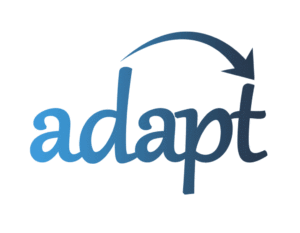Blog by: Mark Hevrdejs, JD, LL.M and COO for ADA Platform Technology LLC
Most clients feel a sense of relief in getting their will or trust completed. It’s one less thing for them to worry about and there is a certain piece of mind in getting your affairs in order. That said, it can be tempting for clients to forget that new will or trust won’t last forever. Rather, it’s important to remind your clients that getting a will and/or trust in place is the first step in a process. While getting an estate plan in place is important, life has a funny way of throwing curve balls at people. Ultimately, things change and the great plan you created for your client today could turn out to be a horrible plan if circumstances or rules change considerably and the client fails to update it.
There are many, many reasons why clients need to change their planning document and that’s why its good practice to review a will/estate plan no less than every 3 years. But it’s a good idea that you make your clients aware of key life events they should be on the lookout for to prompt an earlier visit to their attorney or document preparer.
Here’s a short list I use in reminding Clients of the life changes they need to pay particular attention to:
- Birth or adoption of a child or grandchild
- Marriage, separation and/or divorce of the client
- Death or incapacity of someone named in your will or trust
- The client (or their spouse) has started a new business
- A significant increase or decrease in the value of the client’s estate
- A change in the circumstances of any of the fiduciaries named in the documents
- Acquisition of assets that may require special consideration in transferring (e.g. firearms, pets, real estate, appreciating collectibles/artwork, etc.)
- Key changes effecting the client’s children (e.g. they reach adulthood, get married and/or get divorced)
- The client has moved or acquired property out of state
- Change in the client’s attitude toward charities or other organizations he or she may be including (or with to include) in their estate plan
- The client is approaching the age at which you are required to begin taking distributions from your IRA, 401(k), or other qualified plan.
And of course, the Client should also be reminded that a change in tax law or other areas of the law may affect their plan as well.
